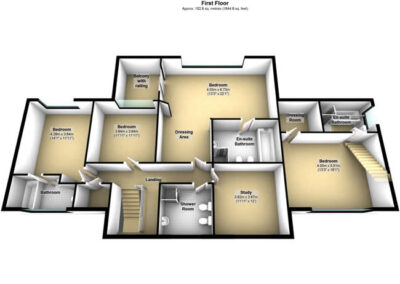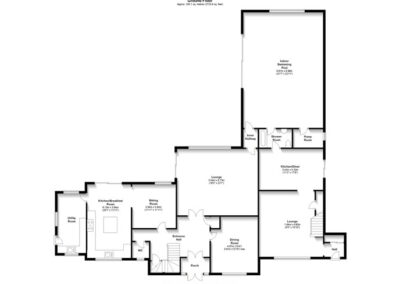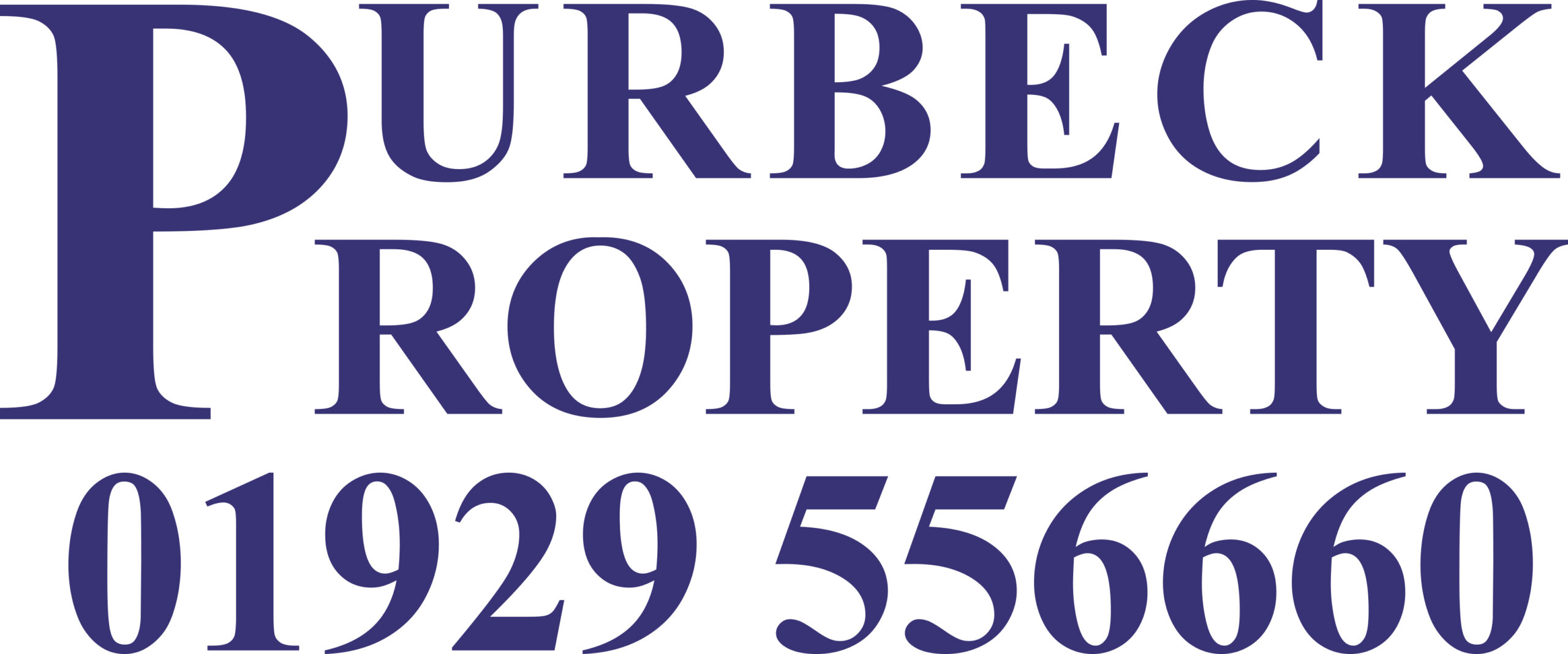Our Services

Domestic EPC
Domestic Energy Performance Certificates (also called EPCs and Energy Efficiency Certificates). The Energy Performance Certificate is similar to the certificates now provided with domestic appliances such as refrigerators and washing machines.
Its purpose is to record how energy-efficient a property is as a building. The certificate will provide a rating of the property from A to G, where A is very efficient and G is very inefficient.
Read more
energy ratingenergy ratingEach rating is based on the performance of the building itself and its services (such as heating and lighting), rather than the domestic appliances within it. This is known as an asset rating. The certificate also lists the potential rating of the building if all the cost-effective measures were installed.
The ratings will vary according to the age, location, size and condition of the building. The potential rating on the certificate will take these factors into account, and the suggested measures will be tailored so that they are realistic for the particular building
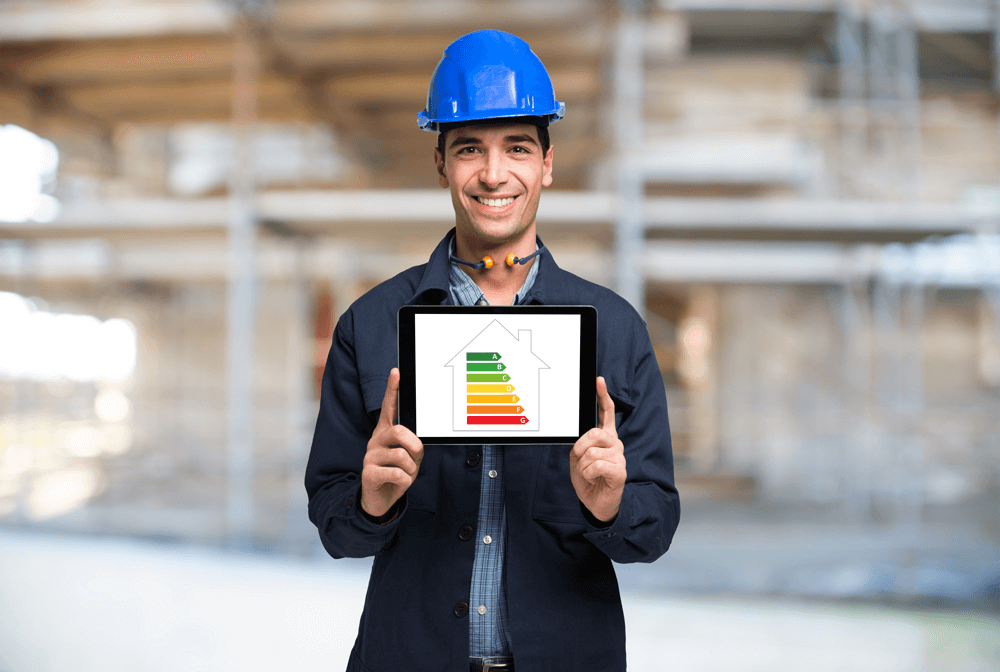
Commercial EPCs
Read more
Services such as lighting, heating and ventilation are taken into account as well as the way in which these services are controlled. The now industry standardized A – G energy rating given on the certificate will reflect the intrinsic energy performance standard of the building relative to a benchmark. This rating could then be used by potential buyers or tenants to make comparisons between properties. The Commercial EPC is accompanied by a secondary report that provides recommendations on how the energy performance of the building could be enhanced, together with an indication of the payback period. These recommendations are provided in four categories relating to the payback period.
Like residential assessments all our assessors are trained to the highest of standards to assess the recommendation report and amend recommendations where appropriate. This makes the report much more suitable to your specific needs. Our experience in commercial property and energy assessment methods allows us to offer the very best and most up to date information.

Retrofit Assessments
With rising energy costs across the UK, whilst simultaneously, environmental concerns are increasing, improving the energy efficiency of your home is more critical than ever.
This is why, at Bournemouth Energy, their expert team of assessors provides a comprehensive Retrofit EPC assessment, to ensure you are not losing excessive sums of money. Working throughout Bournemouth since 2007, we strive to help property owners cut costs and make informed decisions around their property’s energy efficiency. Click through to our page to learn more.
Read more

SAP Calculations/New Build EPCs
Read more
SAP calculations (Standard Assessment Procedure) are required under Building regulations Part L1a and Part L1b to provide a building with an energy efficient model to meet both the building regulations Fabric and carbon emission output target.
The SAP calculation is a way to ensure compliance under these building regulations and allows for a qualified and accredited assessor to competently give a predicted rating (as design) to ensure this area of building regulations has been satisfactorily met. Once the building work has been completed Bournemouth Energy will then convert the predicted rating to an On Construction EPC which the developer will need to provide to their Building Control officer.
There are many parts to Building Regulations and Bournemouth Energy can ensure all your SAP Calculation requirements are met. In the instance where the building targets are not met after modelling the SAP calculation based on the proposed design and specification, Bournemouth Energy will provide expert advice on the material changes required that will satisfy Building Regulations under Part L1a & L1b. We will always have the most cost efficient measures at the forefront of our recommendations.
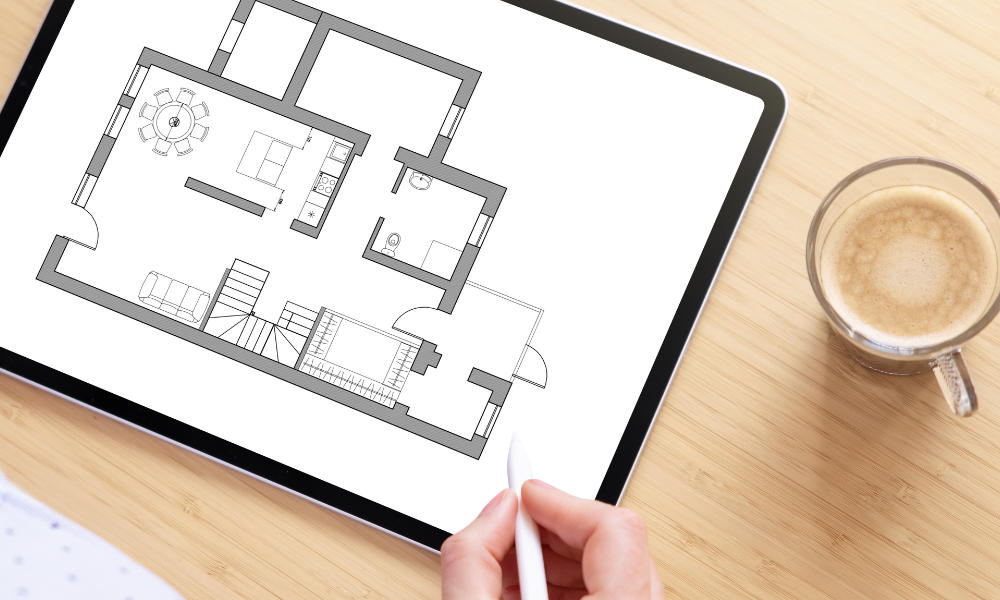
Marketing Floor Plans
Plans allow you to glance at the existing layout and orientation of the building. But they also help you to assess whether a home has development potential. A good floor plan will use thick lines for external and likely supporting walls, with thinner lines used to delineate possible partitions. Just be sure to contact a professional surveyor before you start knocking down walls.
Read more
Measuring a room, or key pieces of furniture, in your own home will help you to get a feel for sizes and help you to visualize the floor plan more effectively. If you are selling as well as buying, studying the floor plan of your existing home will help you to compare properties.
Beware of dead space. Measurements are taken from the inside of all external walls, including all stairs and built-in cupboards. A 2,000sq ft (186sq m) house spread over five floors would feel smaller than a flat of the same size, even though both would be roughly the same size as seven double-decker buses.
Before the Properties Misdescriptions Act 1991, estate agents did all the measuring up themselves. However, fear of being fined for mistakes has prompted more agents to outsource this job to 3rd Party companies providing floor plans
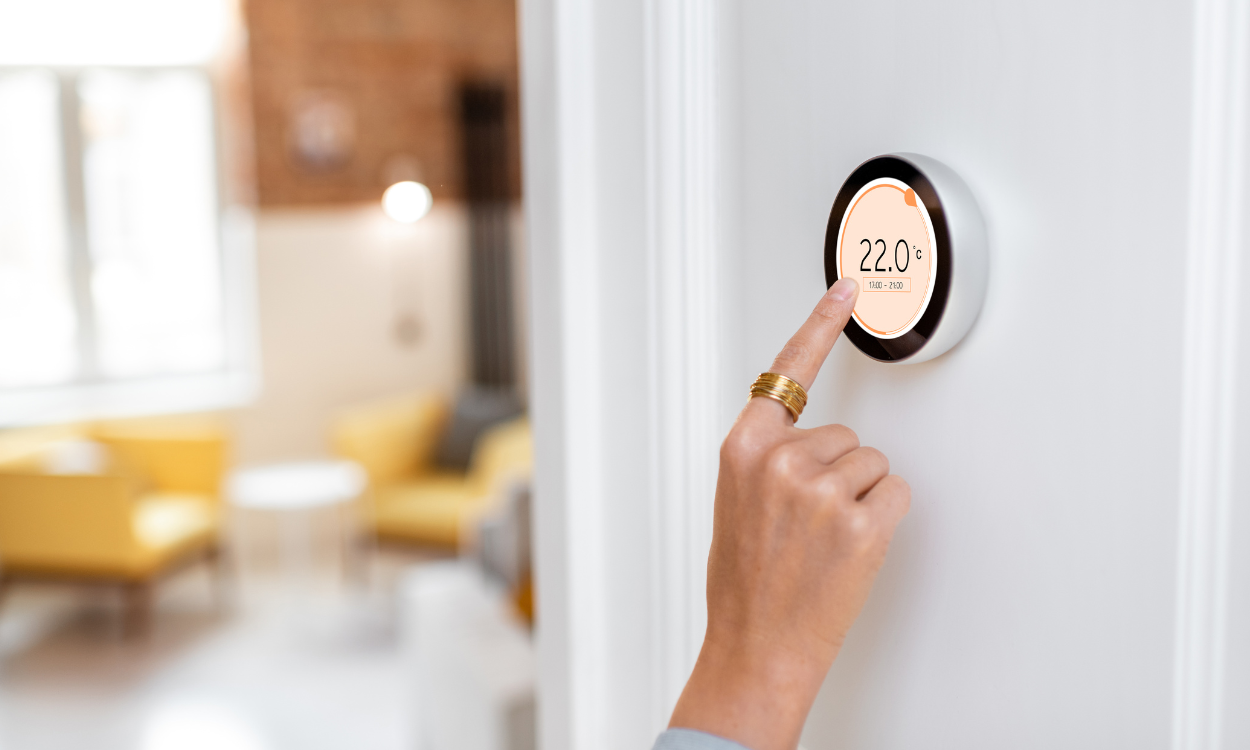
Plumbing and Heating
If you are a Landlord then you must be able to provide your tenants with an up to date Gas Safety Certificate/Record.
By Law you as a landlord must have gas appliances serviced regularly, normally once a year by a qualified gas engineer. The gas engineer will then provide a Gas Safety Record upon completion of the check.
The gas safety check must consist of the following at a minimum…
Read more
- description and location of each appliance and/or flue checked
- name, registration number and signature of the engineer who did the check
- date of when the appliance and/or flue was checked
- the address of the property where the appliance and/or flue is installed
- name and address of the landlord (and letting agent if applicable)
- any defect identified and any action required or taken to fix it
- confirmation of the results of the operational safety checks carried out on the appliances.
- A service includes a thorough clean of the appliance as well as the gas safety checks.
For a gas safety check or a service, essential safety checks are done to make sure gas fittings and appliances are safe to use. These checks include the following…
- checking the flue or chimney to make sure the products of combustion (fumes) are being safely removed to outside.
- checking there is an adequate supply of fresh air so the gas burns properly.
- making sure that the appliance is burning the gas properly.
- making sure all the safety devices are working properly and shutting the appliance off if a fault occurs.
Land Registry Compliant Floor Plans
At Bournemouth Energy we specialise in providing accurate, professional, and detailed floor plans tailored for land registry purposes. Whether you’re a property owner, estate agent, or legal professional, our services ensure that your property documentation is up to standard with the latest regulations.
Our Services
1) Land Registry-Compliant Floor Plans: We create precise floor plans that meet legal requirements for property registration, ownership transfer and other land registry processes.
2) Site Surveys & Measurements: Our team conducts thorough on-site surveys, using the latest technology to ensure your property dimensions are measured with the highest accuracy.
3)Digital Copies: Receive your plans in various formats (PDF,JPG,etc.) for easy submission to the land registry or inclusion in your property portfolio.
Why Choose us?
Fast Turnaround: We understand that time is crucial, especially in property transactions. Our efficient process ensures that you receive your plans swiftly without compromising quality.
Compliance Experts: Our team is well-versed in land registry guidelines, ensuring that your plans are compliant with the latest regulations.
Affordable Rates: We provide cost-effective solutions without sacrificing quality, ensuring that our services remain accessible to individuals and professionals alike.
Customer Support: Our dedicated team is here to assist you at every stage, from initial consultation to the submission of your floor plans
How it works
1) Contact Us- Get in touch discuss your property’s needs.
2) Site Survey- Our Surveyors will visit your property to take measurements.
3) Floor Plan Creation- We’ll draft your detailed, complaint floor plan.
4) Submission Ready – Receive your plans digitally for submission to the land registry.
Contact Us Today!
For more information or to get started with our floor plan service, reach out to us via 01202 556006 or [email protected] or fill out our online contact form. We’re here to make your land registry submission smooth and hassle-free.
Plumbing and Heating
Gas Safety Certificates providers of Bournemouth Dorset
Building Regulation Compliance certificates
Read more
In the UK and Isle of Man any gas safety record given to you after 1st April 2009 will only be valid if the engineer is registered with Gas Safe Register. In Northern Ireland and Guernsey it will only be valid after 1 April 2010.
Are you living in a rented property?
Read more
What do I need to do if I am the Landlord?
Read more
What information is on a Gas Safety Certificate?
Read more
- description and location of each appliance and/or flue checked
- name, registration number and signature of the engineer who did the check
- date of when the appliance and/or flue was checked
- the address of the property where the appliance and/or flue is installed
- name and address of the landlord(and letting agent if applicable)
- any defect identified and any action required or taken to fix it
- confirmation of the results of the operational safety checks carried out on the appliances.
Isn’t a Service the same as a gas safety check?
Read more
- checking the flue or chimney to make sure the products of combustion (fumes) are being safely removed to outside.
- checking there is an adequate supply of fresh air so the gas burns properly.
- making sure that the appliance is burning the gas properly.
- making sure all the safety devices are working properly and shutting the appliance off if a fault occurs.
What do I need to do if I am a homeowner?
Building Regulation Compliance certificates
Read more
If gas appliances are notified through this system, as a homeowner you will receive either a Declaration of Safety certificate or a Building Regulation Compliance certificate.
In the UK and Isle of Man any gas safety record given to you after 1st April 2009 will only be valid if the engineer is registered with Gas Safe Register. In Northern Ireland and Guernsey it will only be valid after 1 April 2010.
Testimonials
Here at Bournemouth Energy our mission is to provide a professional and inexpensive service to our Customers. The testimonials that we receive confirm our dedication to customer service – but don’t take our word for it, read them for yourself!

Bournemouth Energy Partners
On this page you will find some web links to Estate Agents and Solicitors within the BH Postcode Area that Bournemouth Energy work closely with and feel able to recommend.



